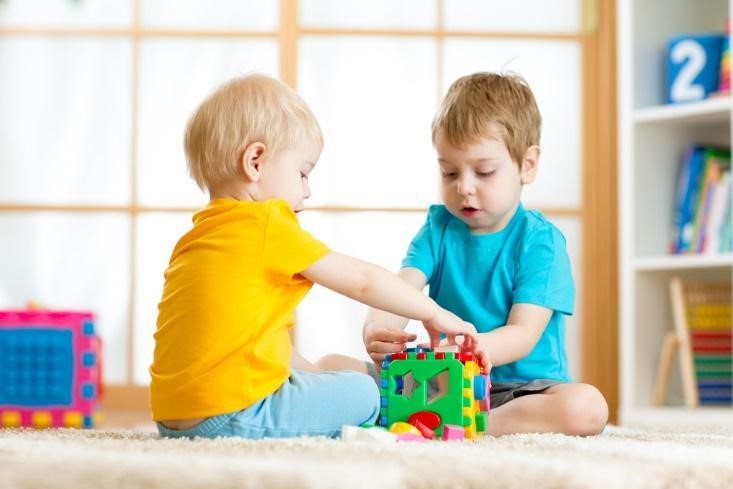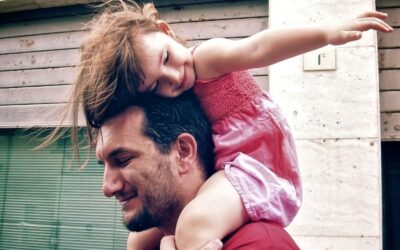Help your child develop the skills to succeed socially
Learning to form connections and making new friends is an important aspect of not only childhood but also life in general. As adults, some of our fondest childhood memories involve playing with friends, so we recognize the value and importance of socializing, but it requires an element of independence that is largely dependent on your child’s efforts and ability – meaning you can’t just step in and “fix” it if your child is having social issues.
Watching your child struggle is one of parenting’s biggest challenges. However, you can help your child develop the skills necessary to foster and maintain relationships with others, which can lead to a greater sense of confidence and social success with friendships.
Teach social skills
Relationship-building begins at birth, and even the smallest interactions are laying the foundation for how your child will experience other people. Children learn about themselves through understanding others, so social and emotional development is also important to have healthy self-esteem.
Babies are born with an instinct to understand and connect with people as a means of survival, but as they experience others helping and loving them, they develop confidence about their place in the world and enthusiasm for interacting with others.
Many social skills come naturally – a newborn stares intently at their mother as they eat, older infants laugh during peekaboo, and toddlers have a desire to help others. Build upon these areas of development with the following suggestions to nurture relationship building.
Express feelings
Learning to appropriately manage emotions is crucial to getting along well with people. Young children often don’t understand what it is that they’re feeling, and anger, frustration, or sadness can manifest as behaviors such as hitting, yelling, or biting.
Make an active effort to help your child learn to identify not only their own feelings but also how others might feel. Point out emotions displayed by characters in books or television shows and discuss different ways to react to an unpleasant feeling or circumstance in an age-appropriate way. Part of this involves communicating your own feelings, such as “I feel happy that you picked up your toys” or “I’m feeling sad that my friend moved away.”
Provide opportunities
Like most skills, learning how to make friends requires practice, and it’s not always going to go as planned. Make sure your child is involved in a wide range of activities that offer social opportunities. Try structured offerings such as music classes or sports and unstructured play such as days at the park or with playgroups.
With toddlers, keep activities short – 45 minutes to an hour is ideal – to avoid overstimulation or exhaustion that will more likely lead to a meltdown. Also, provide gentle guidance, such as “Why don’t you see if Jack wants to play ball with you?” or “Can you ask the girl in the pink shirt what her name is?”
Be friendly
A large part of making friends involves knowing how to be a good friend. Teach your child manners, and emphasize the importance of sharing and kindness. Knowing how to take turns, win and lose graciously, and listen carefully and ask questions that show interest are all important elements of being the kind of person that others enjoy being around.
One very important thing to remember is that children experience different stages of play throughout early childhood. Behavior that seems concerning may be a normal part of development for their age range, so don’t hesitate to ask your pediatrician if you’re in need of advice or reassurance. Otherwise, helping your child learn to manage their emotions, express interest in others, and interact in a cooperative way will go a long way in encouraging them to develop the courage, confidence, and enthusiasm necessary to form healthy relationships with their peers and the people around them.
The Virginia Infant & Toddler Specialist Network helps improve the quality of care for infants and toddlers through extensive resources, services, and education for caregivers. Learn more about how we can help you improve the standard of care.




